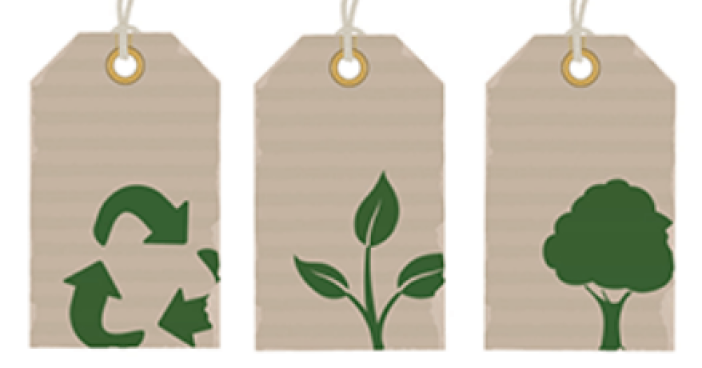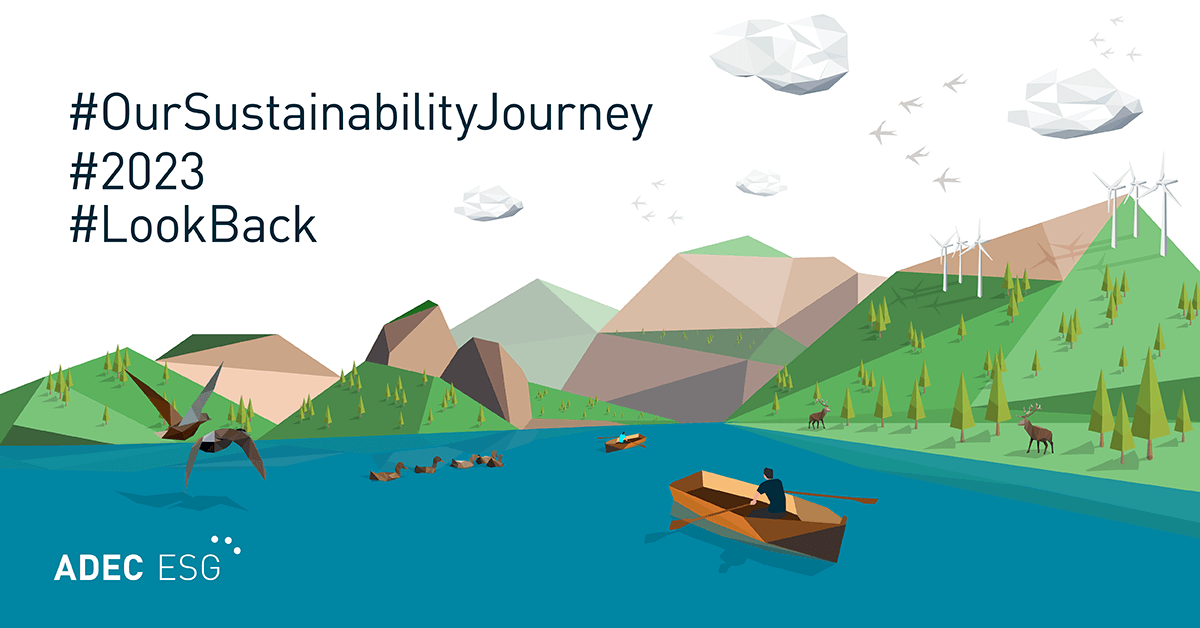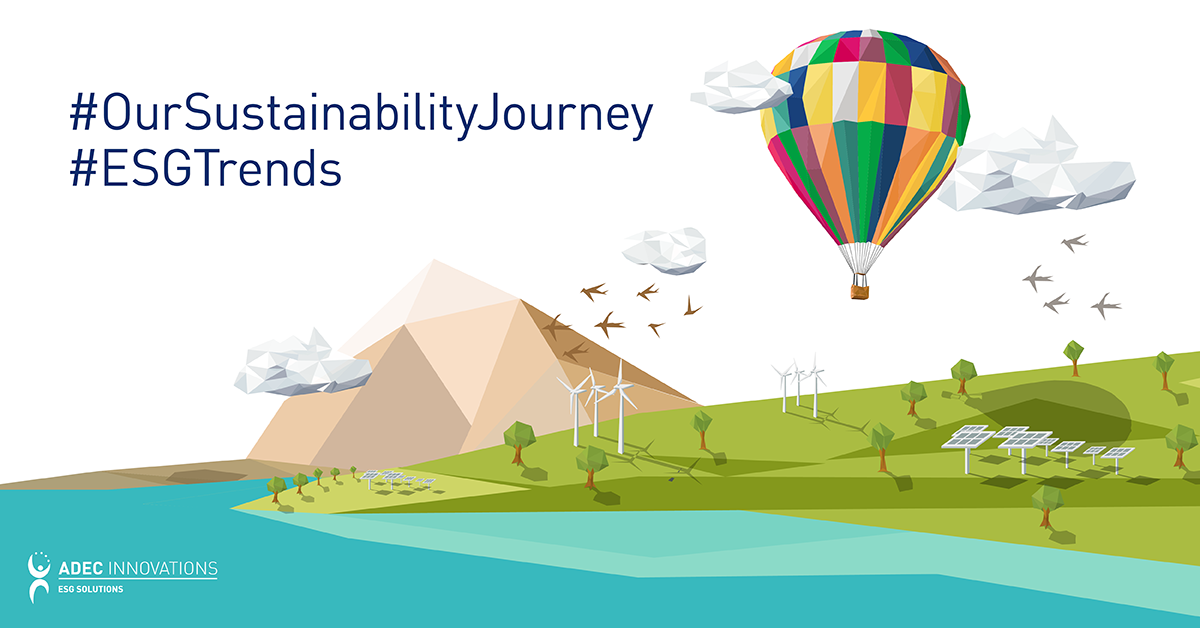At first glance, the phrase “sustainable fashion” may seem to be an oxymoron. Fashion, after all, is a resource-intensive industry. It takes about 7,000-29,000 liters of water to produce one kilogram of cotton, the world’s primary clothing material. Manufacturing fabrics also involves the use of chemicals that are not associated with sustainability. Nylon and polyester are synthetic fabrics derived from petroleum. Rayon is made from wood pulp treated with toxic chemicals like caustic soda and sulfuric acid, which can cause skin and eye irritation, gastric diseases, lung ailments, cancer and death.
Furthermore, the present generation is fascinated by fast fashion—clothes that go out of style after a few months or years, with many people throwing outdated clothes into the trash. In the US, at least 10.5 million tons of clothing end up in landfills every year. In some cases, old clothes are disposed of through incineration, a process that impacts global warming and climate change.
The good news is that clothing companies are working hard to promote sustainable fashion. Some companies are eliminating toxic chemicals from their production processes. Some companies create new clothes using recycled materials like discarded clothing. For these companies, sustainable fashion is a golden opportunity to be profitable and socially responsible at the same time.
In January 2014, British luxury fashion brand Burberry pledged to completely remove hazardous chemicals from its supply chain by January 2020. The company made this announcement after a Greenpeace-led investigation revealed the proliferation of poly-fluorinated chemicals (PFCs) across the fashion industry, including children’s fashion.

Since January 2013, Swedish clothing giant H&M stopped using PFCs in its products. H&M has likewise banned other hazardous chemicals such as phenols, Azo dyes, chromium VI and short-chained chloroparaffins from its products.
Japanese clothing company Uniqlo’s All-Product Recycling Initiative encourages consumers to help reduce clothing waste. Consumers can donate their gently used Uniqlo clothing at any Uniqlo store. The company will then donate the clothes to refugees, disaster survivors, homeless people, pregnant women and single mothers in need.
Outdoor gear manufacturer Patagonia also recycles its old clothing merchandise through its Worn Wear program. Consumers can take their discarded Patagonia clothes to any Patagonia outlet. The company will then recycle the old clothes into new merchandise. Clothes with slight damages will be refashioned and resold.
The rise of sustainable fashion is proof that profits need not come at the expense of the environment. In fact, profits and environmental sustainability go hand in hand. Sustainable production practices will help conserve natural resources, which, in turn, will ensure business continuity in the years to come.
FirstCarbon Solutions (FCS) is a leading provider of environmental and sustainability solutions, offering fully integrated consulting, software and data management services. With expertise in LCA and Supply Chain Services, we develop cost-effective solutions to help businesses integrate sustainability in their daily operations. For more information on managing your supply chain, read this FCS blog article.






